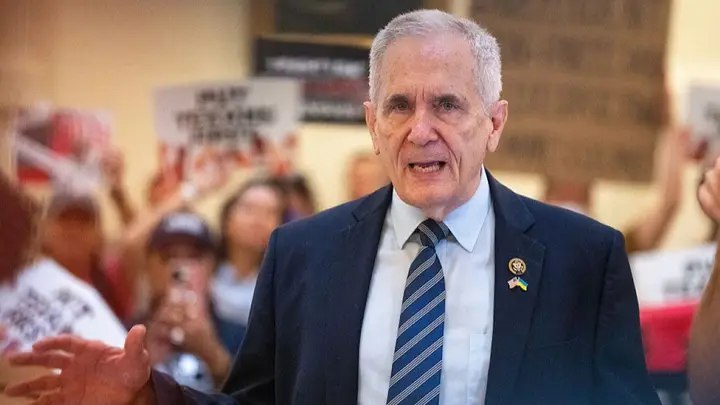Government Assistance Recipients Celebrate EBT Payments Amid Criticism
In recent weeks, recipients of government assistance have expressed their joy over the arrival of Electronic Benefit Transfer (EBT) payments, a crucial support system for many low-income families. The monthly disbursement of benefits has sparked a mix of celebration and criticism, highlighting the ongoing debate surrounding government assistance programs in the United States.
As the first of the month approaches, many individuals reliant on EBT have taken to various platforms to share their excitement about receiving benefits. For numerous families, these payments are essential for purchasing food and other necessities, providing a vital lifeline in challenging economic times. The emotional responses from recipients underscore the importance of these funds in supporting their daily lives.
However, the celebration has not come without its detractors. Critics have voiced concerns regarding the portrayal of recipients, particularly those they perceive as able-bodied individuals who may not be contributing to the workforce. Some have expressed feelings of demoralization, arguing that the sight of individuals celebrating the receipt of government funds can be disheartening for taxpayers who contribute to these programs.
This ongoing discourse reflects a broader societal debate about the efficacy and fairness of government assistance programs. Proponents argue that these programs are essential for alleviating poverty and providing support to those in need, while opponents often question the sustainability and management of such initiatives.
As the conversation continues, it is clear that the impact of EBT payments extends beyond mere financial assistance. They represent a complex intersection of economic necessity, social perception, and public policy. The reactions from both recipients and critics serve as a reminder of the diverse perspectives surrounding government assistance and the need for ongoing dialogue about its role in society.
As the government navigates these challenges, the future of assistance programs remains a critical topic for policymakers and citizens alike, with implications for millions of Americans relying on these essential services.


